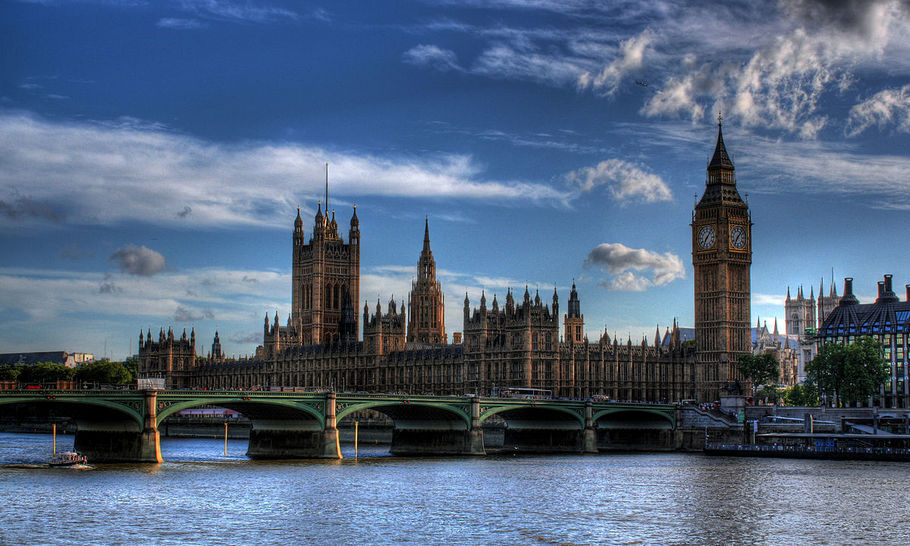Has Boris found a way around the Benn Act?

Press conferences with the Prime Minister have turned into truly baffling occasions. At every one, Boris Johnson is asked what he will do in the likely event that he fails to get a new deal out of the EU, and every time the reply is the same: getting a deal is still the preferred option, but if that turns out to be be impossible, he will neither ask for an extension, nor break the law which requires him to ask for an extension (the so-called Benn Act).
Cue, exasperated journalists exchange confused looks.
But John Major thinks he’s solved the mystery. In a speech today at the Spanish Embassy to the Centre for European Reform think-tank, the former Prime Minister explained that his “fear is that the Government will seek to bypass statute law, by passing an Order of Council to suspend the Act until after 31 October”. “It is important to note” he went on, “that an Order of Council can be passed by Privy Councillors – that is government ministers – without involving HM The Queen.”
When rumours that the Prime Minister would use an Order of Council – an arcane piece of legislation – to block the Benn Act first started circulating last night, they were dismissed as far-fetched. But when both James Cleverly (speaking on Question Time) and Dominic Cummings (on Sky News today) refused to pour cold water on them, they gained traction.
So, might the Government really attempt to nullify the Benn Act by removing the legal requirement for Mr Johnson to seek an extension? And what would happen if it tried?
The answer to the first part of the question is clear cut: yes, if it thinks it can get away with it. Johnson and Cummings feel that Remainers have used every trick in the book to find loopholes to the Withdrawal Act 2018 (which made it the law that Britain leaves the EU), so would have no qualms at all about using a loophole of their own if it were available.
The second part – whether they can get away with it – is a different kettle of fish altogether. In his speech today, John Major used the strongest possible language to denounce the manoeuvre, arguing that it would be in “flagrant defiance of Parliament” and “utterly disrespectful to the Supreme Court”. It seems very likely indeed that an intervention from Gina Miller or Jolyon Maugham would bring the matter back to the courts, which is probably why the Government hasn’t tried the Order of Council tack already: after last time, Cummings knows that he must make sure that all his ducks are in a row before he shoots.
As for “defying Parliament”, though, John Major hasn’t got the measure of No.10 if he thinks that’ll scare the Prime Minister into changing course. In the words of the Attorney General, this Parliament is a “dead Parliament…. With no moral right to sit on these green benches”. So in the Government’s book, the fact that the move would rile MPs is probably a bonus.
After the scenes in Parliament this week, the chances of the Prime Minister getting the cross party support he would need to get a deal through parliament look vanishingly small. An election, no deal, a request for an extension, and a legal departure without a deal have also all been ruled out at various times. Three years on from that fateful referendum, could it be that the fate of Brexit will come down to which side has the cleverest lawyers?





